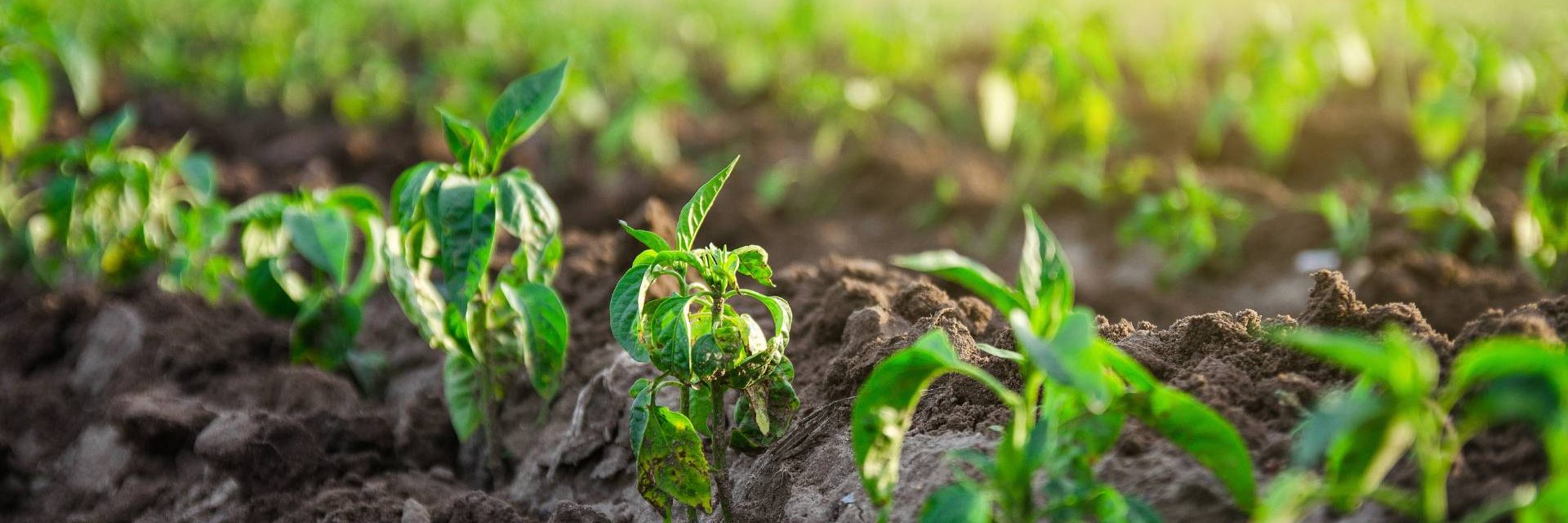
Why India's Pesticide Registration Matters? Learning from Brazil's Mistakes
When it comes to safeguarding against harmful pesticides, India stands out for its stringent regulations,
offering a valuable lesson amidst Brazil's missteps. Here's why India's meticulous approach to pesticide
registration is crucial, especially when contrasted with Brazil's challenges.
Brazil, under the leadership of former President Jair Bolsonaro, hurriedly approved numerous pesticides without proper consideration of safety concerns. This hasty decision resulted in a surge in pesticide usage, posing risks to both human health and the environment. In stark contrast, India takes a thorough approach, carefully evaluating pesticides before granting approval. This cautious process serves to protect both farmers and the environment from potential harm.
Brazil, under the leadership of former President Jair Bolsonaro, hurriedly approved numerous pesticides without proper consideration of safety concerns. This hasty decision resulted in a surge in pesticide usage, posing risks to both human health and the environment. In stark contrast, India takes a thorough approach, carefully evaluating pesticides before granting approval. This cautious process serves to protect both farmers and the environment from potential harm.
Pesticide Regulations in India:
India's Insecticides Act of 1968 and Insecticides Rules of 1971 govern the import, registration,
manufacture, sale, transport, distribution, and use of insecticides (pesticides) across the country. These
regulations are in place to prevent risks to human beings and animals, ensuring comprehensive safety
measures throughout India. All pesticides must undergo a rigorous registration process with the Central
Insecticides Board & Registration Committee (CIB & RC) before they are permitted for use or sale.
What Went Wrong in Brazil:
Brazil's pesticide problem highlights a series of mistakes that have led to significant risks for both people
and the environment. Here's how things went wrong:
Former President Jair Bolsonaro's administration made hasty decisions to approve many new pesticides, some of which were banned in other countries due to safety concerns. This rush to approve pesticides overlooked the potential harm they could cause to the environment and public health. The result? Brazil's reputation took a hit, with other countries becoming wary of buying food produced in Brazil.
While pesticides have been used to increase food production since World War II, their widespread use has created dependency issues for farmers and caused environmental damage. Even regions like California, known for their strict pesticide regulations, struggle with the negative effects of pesticide use.
In recent years, Brazil has seen a significant overuse of pesticides, with Bolsonaro's government approving many new pesticides, some of which have been linked to cancer. This rapid approval process has raised concerns, as some of these pesticides are banned in other countries due to their high toxicity.
The most affected by these reckless pesticide policies are the farmers, who face serious health risks from exposure to pesticides. Additionally, the entire population is at risk, as consuming food with high pesticide levels can lead to various health issues.
Furthermore, uncontrolled pesticide use has severe environmental consequences, contaminating soil, water, and air and harming biodiversity. It even degrades water quality, which has detrimental effects on agriculture and disrupts aquatic ecosystems, posing threat to aquatic animals. Pesticides can persist in the environment for a long time, causing lasting damage.
While there is hope for change with a new government in Brazil, there are concerns about whether the new administration will continue the trend of approving too many pesticides. It's crucial for Brazil to prioritize the safety of its citizens and the protection of the environment moving forward.
In summary, Brazil's pesticide problem serves as a striking reminder of the importance of careful regulation and the need to listen to scientific evidence. Food security is essential, but not at the expense of human health and environmental sustainability. It's imperative for Brazil and the world to work together to find safer and more sustainable ways to produce food.
Former President Jair Bolsonaro's administration made hasty decisions to approve many new pesticides, some of which were banned in other countries due to safety concerns. This rush to approve pesticides overlooked the potential harm they could cause to the environment and public health. The result? Brazil's reputation took a hit, with other countries becoming wary of buying food produced in Brazil.
While pesticides have been used to increase food production since World War II, their widespread use has created dependency issues for farmers and caused environmental damage. Even regions like California, known for their strict pesticide regulations, struggle with the negative effects of pesticide use.
In recent years, Brazil has seen a significant overuse of pesticides, with Bolsonaro's government approving many new pesticides, some of which have been linked to cancer. This rapid approval process has raised concerns, as some of these pesticides are banned in other countries due to their high toxicity.
The most affected by these reckless pesticide policies are the farmers, who face serious health risks from exposure to pesticides. Additionally, the entire population is at risk, as consuming food with high pesticide levels can lead to various health issues.
Furthermore, uncontrolled pesticide use has severe environmental consequences, contaminating soil, water, and air and harming biodiversity. It even degrades water quality, which has detrimental effects on agriculture and disrupts aquatic ecosystems, posing threat to aquatic animals. Pesticides can persist in the environment for a long time, causing lasting damage.
While there is hope for change with a new government in Brazil, there are concerns about whether the new administration will continue the trend of approving too many pesticides. It's crucial for Brazil to prioritize the safety of its citizens and the protection of the environment moving forward.
In summary, Brazil's pesticide problem serves as a striking reminder of the importance of careful regulation and the need to listen to scientific evidence. Food security is essential, but not at the expense of human health and environmental sustainability. It's imperative for Brazil and the world to work together to find safer and more sustainable ways to produce food.
Lessons for the Future:
India's careful way of approving pesticides teaches us a lot about how to keep our food safe. They take
their time to make sure pesticides won't hurt people or the environment. Brazil, on the other hand,
rushed through approvals without thinking about the risks.
Conclusion:
Ensuring food security must not come at the expense of human health and environmental well-being.
Embracing sustainable agricultural practices and respecting scientific evidence are essential steps
toward a healthier and more secure future for all. Brazil's experiences serve as a vital lesson in the global
discourse on pesticide use, emphasizing the interconnectedness of food security, public health, and
environmental sustainability. It's crucial to learn from these experiences and strive towards a more
balanced and sustainable approach to agriculture worldwide.
The content of this article is intended to provide a general guide to the subject matter. Specialistadvice should be sought about your specific circumstances.
Popular Post
1

2

3




0 Comments